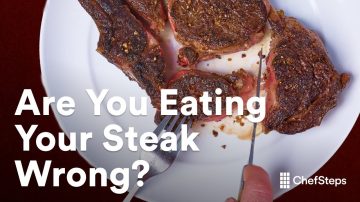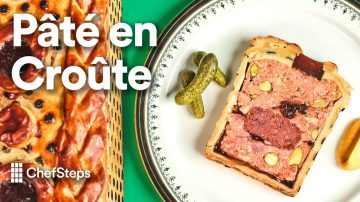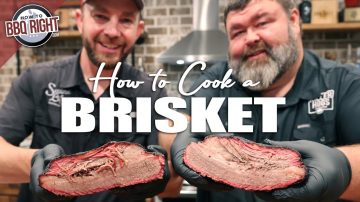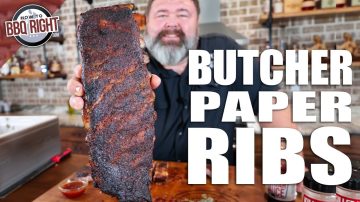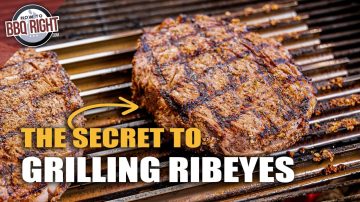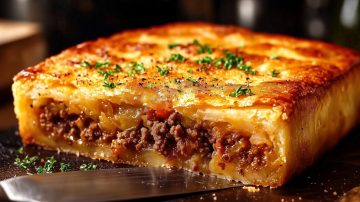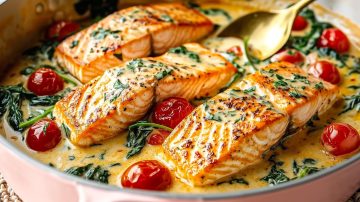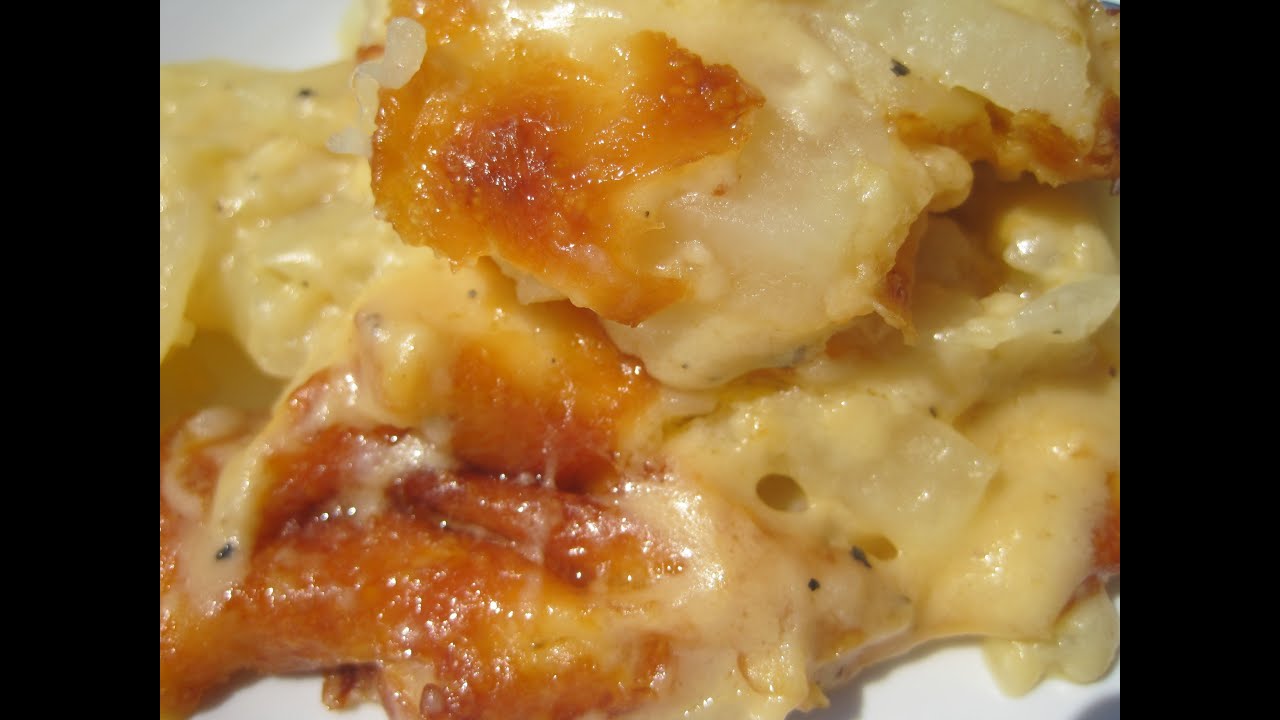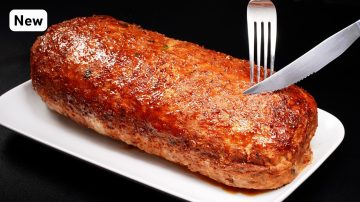Two-Zone Ribeye Steak, Charcoal Charred and Butter Braised
Recipe Overview
Overview
Ribeye steak is a favorite for many, and this recipe elevates it to new heights with a two-zone cooking technique. The dynamic range of muscles in the ribeye provides a unique texture and flavor profile that is hard to beat. By starting with a hot charcoal grill, you achieve a beautiful char on the outside while keeping the inside tender and juicy.
The key to this recipe is the butter braising technique, which involves submerging the charred ribeye in warm butter. This method not only enhances the flavor but also ensures that the steak remains succulent. The addition of fresh herbs and lemon at the end adds brightness and complexity to the dish, making it a true standout.
Whether you’re hosting a summer barbecue or just looking to impress at dinner, this Two-Zone Ribeye Steak is sure to be a hit. The combination of charred exterior and buttery interior creates a mouthwatering experience that will have everyone coming back for seconds. Don’t forget to monitor the temperature carefully to achieve the perfect doneness, and enjoy the rich flavors that this technique brings out in the ribeye.
Recipe Details
Steps & Tips
Set up a two-zone charcoal grill with a third hot and two-thirds cold area.
Melt a large amount of butter in a pan, ensuring it stays warm, not boiling.
Tip: Use warm butter, not hot, to submerge the ribeyes for a tender result.
Tip: Add herbs to the butter later to keep them fresh.
Place ribeyes on the grill to start charring.
Rotate and flip the ribeyes frequently to achieve even charring.
Tip: If steaks turn black from flare-ups, rinse them under warm water to reduce bitterness.
Transfer the charred ribeyes into the melted butter for gentle cooking.
Add fresh herbs like bay leaf and rosemary to the butter with the ribeyes.
Tip: Monitor the steak temperature by placing the probe under the steak.
Tip: Avoid adding lemon too early to preserve its brightness and oil.
Check the internal temperature of the ribeyes to ensure they are cooked to preference.
Remove the ribeyes from the butter and carve them into pieces.
Slice the ribeyes against the grain for tenderness.
Serve the sliced ribeyes back in the pan to keep them warm.
Tip: Fatty ribeyes may require more salt than lean cuts.
Frequently asked questions
Below you will find answers to the most common questions about this recipe.
Got a Recipe Question? Ask Away!
Interesting Tidbits
- •Ribeye steaks contain a variety of muscles, contributing to their rich flavor and tenderness.
- •Cooking ribeye to a higher temperature helps break down the fat, making it more succulent.
- •Using a two-zone grill setup allows for better control of flare-ups and cooking temperatures.
- •Braising ribeye in butter at a lower temperature enhances its flavor without overcooking.

